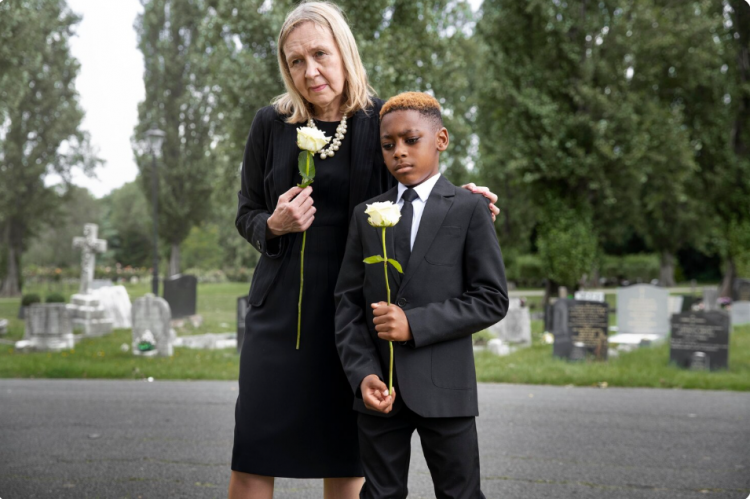Losing a loved one is always painful, but when the loss is caused by someone else’s negligence or wrongful actions, the grief is often accompanied by anger and confusion. In these situations, the law provides a way for surviving family members to seek justice and financial accountability through what is known as a wrongful death claim.
This type of legal action is not about placing a price tag on a person’s life, but rather about recognizing the harm caused and helping families manage the financial and emotional burdens that follow such a loss.
What Qualifies as Wrongful Death?
In Texas, a wrongful death claim can arise when a person dies as a result of another party’s negligent, reckless, or intentional behavior. Common examples include:
- Fatal car or truck accidents
- Workplace accidents
- Medical negligence
- Defective products
- Unsafe property conditions
To qualify, the death must be shown to have directly resulted from another party’s actions or failure to act.
Who Can File a Claim?
Not everyone is legally permitted to bring a wrongful death claim in Texas. The law allows only certain family members—specifically the spouse, children, and parents of the deceased—to pursue compensation. In some cases, the estate may also file a related action to recover damages that the deceased could have sought had they survived.
Types of Compensation Available
The damages in a wrongful death case can include both economic and non-economic losses, such as:
- Funeral and burial expenses
- Medical bills related to the fatal injury
- Loss of financial support
- Loss of companionship and guidance
- Mental anguish experienced by surviving family members
In rare cases, punitive damages may also be awarded if the defendant’s conduct was especially reckless or intentional.
The Importance of Acting Quickly
Texas law generally requires wrongful death claims to be filed within two years of the date of death. This time frame, known as the statute of limitations, makes it critical for families to act quickly. Delaying can mean losing the right to pursue a claim altogether.
Why Legal Guidance Matters
Wrongful death claims are often complex, involving investigations, expert testimony, and negotiations with insurance companies. Having the right support can make a significant difference in protecting your rights and building a strong case.
If you are facing the tragic loss of a loved one due to negligence, seeking help from an experienced Wrongful Death Lawyer can provide clarity, guidance, and the advocacy needed during one of life’s most difficult times.









